Coronavirus Related Insomnia – DONN POSNER (Digital Seminar)
Description:
The unparalleled upending of every aspect of our lives that has been thrust upon all of us by the novel coronavirus represents a major stressor that can take a toll both physically and mentally. A toll on sleep will be no exception. This can happen because of increased stress and anxiety, but also because of major changes to the regularity of schedule and the overall rhythms of our lives. Change in work schedules, bedtime routines, activity level, and perhaps even light exposure can wreak havoc with normal sleep regulation. This in turn will then impact our energy, concentration, mood, and ability to cope.
Perhaps more concerning is that the coronavirus, and our attempts to deal with it (social distancing, working from home, homeschooling children, etc.), will likely go on for a while. What we know from the Behavioral Sleep Medicine literature is that when acute insomnia is maintained by ongoing factors, a shift takes place in which the individual begins to focus, in part, on the insomnia itself as a threat. This in turn leads to behavioral and cognitive changes that further dysregulate sleep and can turn into a chronic form of insomnia that will not resolve without targeted treatment. This Insomnia Disorder is widely recognized to be the most common of all sleep problems and is also a leading complaint in primary care settings. Left unresolved, the consequences and morbidity associated with chronic insomnia can be substantial across several domains and can include increased health care utilization, impaired quality of life, increased risk of medical and psychiatric disorders, and ultimately worse outcomes for all co-morbid disorders. So while we will eventually get to the other side of this pandemic, Insomnia Disorder may continue on long after the rest of life returns to normal.
This recording is designed to provide clinicians with an understanding of the factors that cause insomnia to evolve from a normal reaction to stress to a chronic condition that adversely impacts every aspect of your patients’ lives. In addition, we will discuss some simple strategies that your patients can employ now to avoid a chronic sleep problem in the long run.
Outline:
Insomnia Definitions
- Insomnia definition
- Insomnia Disorder vs Acute Insomnia
- Psychosocial and clinical correlates of Insomnia Disorder
- Behavioral Model of Insomnia
- Sleep Regulation: Sleep homeostasis, Circadian system, and Arousal system
- Factors that interfere with Sleep Regulation
Behavioral Model of Insomnia
- Evolution of acute to chronic insomnia
- Define predisposing, precipitating, and perpetuating factors
- Borbely’s Two-process model of sleep regulation
- Coronavirus as a precipitating factor
- How quarantine and social distancing can dysregulate sleep
Targeting acute insomnia to prevent long term sleep disruption
- Implications for medication treatments
- General sleep hygiene
- Prophylactic sleep hygiene
- When and where to refer for Insomnia Disorder treatment
FITNESS – HEALTH – MEDICAL Course
More information about Fitness:
Regular exercise and physical activity promotes strong muscles and bones. It improves respiratory, cardiovascular health, and overall health.
Staying active can also help you maintain a healthy weight, reduce your risk for type 2 diabetes, heart disease, and reduce your risk for some cancers.
Moderate aerobics exercises 3 times a week for 30 minutes can reduce cancer risk Cancer-based exercises provide relief to the patient during
cancer treatment There are many benefits to exercising. But it’s even more beneficial for cancer patients.
This has been proven in research published in the medical journal ‘Cancer Journal for Clinicians’.
Preview Information:
Original Page
Archive Page


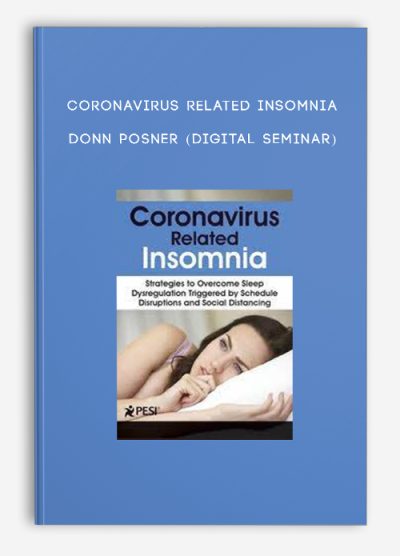
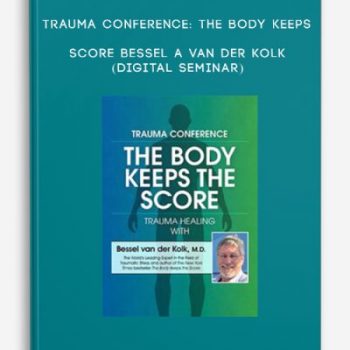
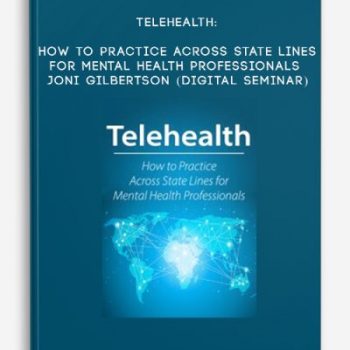
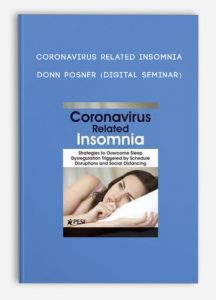


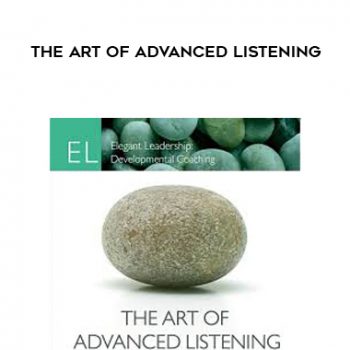
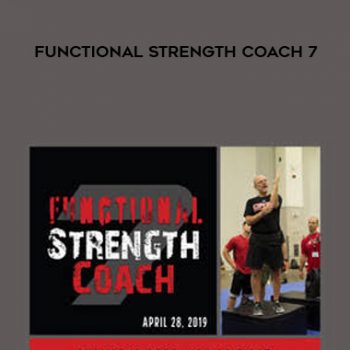


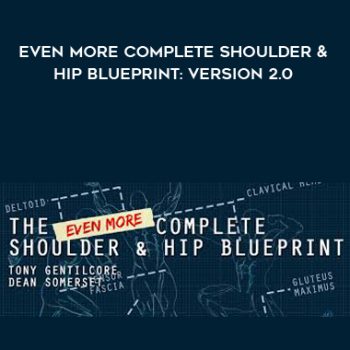

Lord –
This is Digital Download service, the course is available at Vincourse.com and Email download delivery.